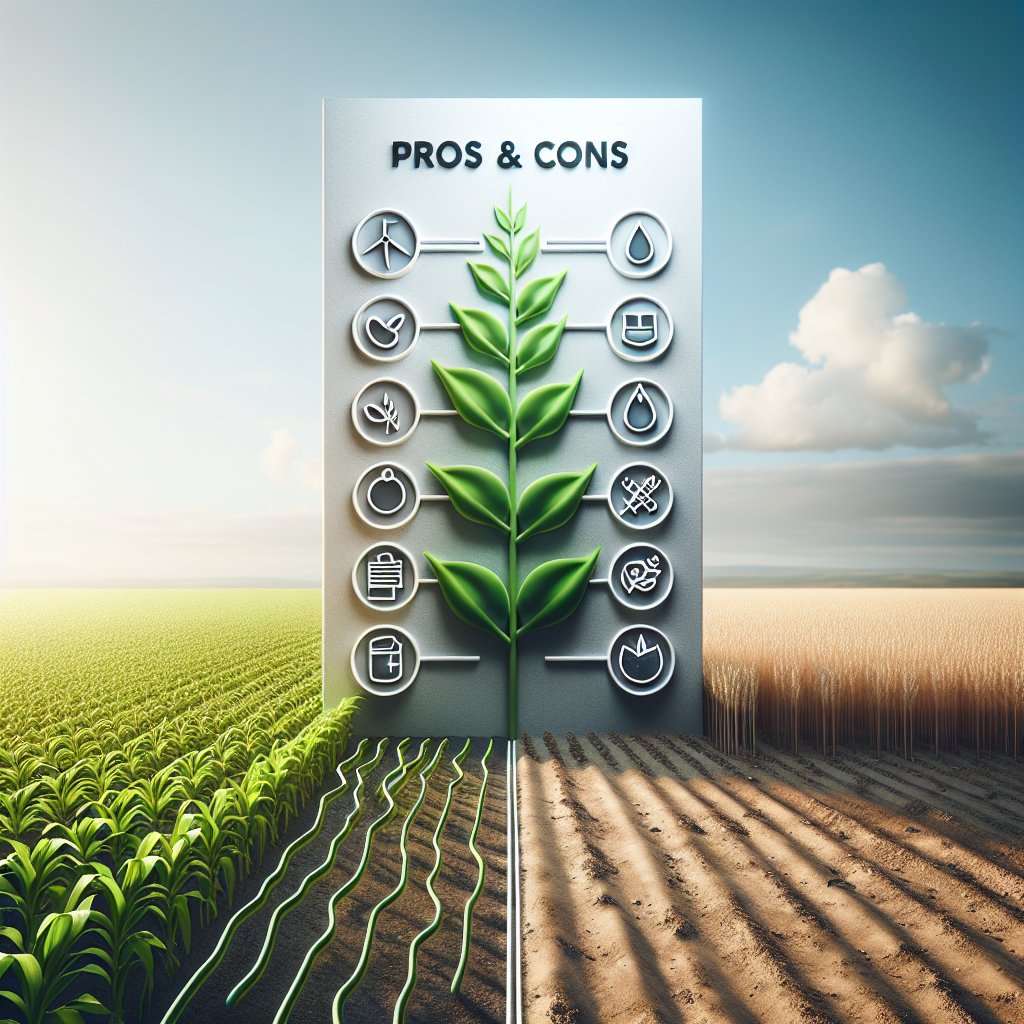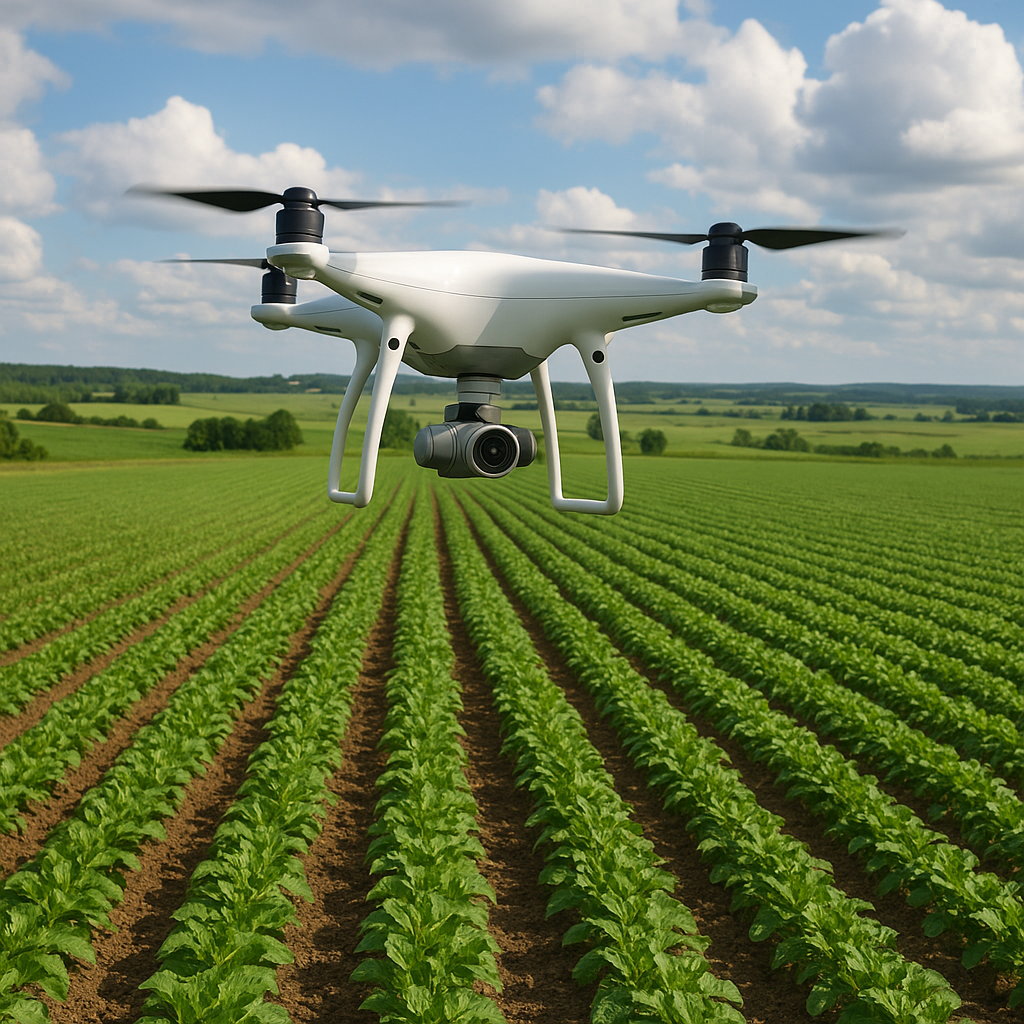Genetically Modified Organisms (GMOs) have become a pivotal topic in the realm of agriculture, sparking debates and discussions worldwide. As the global population continues to rise, the demand for food production increases, leading to the exploration of innovative solutions like GMOs. This article delves into the advantages and disadvantages of GMOs in agriculture, providing a comprehensive overview of their impact on the environment, economy, and society.
Understanding GMOs
Before delving into the pros and cons, it is essential to understand what GMOs are. Genetically Modified Organisms are organisms whose genetic material has been altered using genetic engineering techniques. This process involves the manipulation of DNA to achieve desired traits, such as increased resistance to pests or improved nutritional content. In agriculture, GMOs are primarily used to enhance crop yields and reduce the reliance on chemical pesticides.
The Science Behind GMOs
The creation of GMOs involves the insertion of specific genes into the DNA of a plant or animal. This is typically done using a bacterium or a gene gun to transfer the desired genetic material. The process is highly precise, allowing scientists to target specific traits and achieve results that would be impossible through traditional breeding methods. The development of GMOs is a complex and regulated process, requiring extensive testing and evaluation before they are approved for commercial use.
The Advantages of GMOs in Agriculture
GMOs offer several benefits that have the potential to revolutionize agriculture. These advantages include increased crop yields, reduced pesticide use, and enhanced nutritional content, among others.
Increased Crop Yields
One of the primary benefits of GMOs is their ability to increase crop yields. By engineering crops to be more resistant to pests, diseases, and environmental stressors, farmers can produce more food on the same amount of land. This is particularly important in regions with limited arable land or challenging growing conditions. Higher yields can lead to increased food security and reduced pressure on natural resources.
Reduced Pesticide Use
GMOs can also contribute to a reduction in pesticide use. Crops engineered to be resistant to specific pests can reduce the need for chemical pesticides, which can have harmful effects on the environment and human health. For example, Bt cotton, a genetically modified variety, produces a toxin that is harmful to certain insects, reducing the need for external pesticide applications. This can lead to a decrease in chemical runoff and a healthier ecosystem.
Enhanced Nutritional Content
Another advantage of GMOs is the potential to enhance the nutritional content of crops. Scientists can engineer crops to contain higher levels of essential vitamins and minerals, addressing nutritional deficiencies in populations that rely heavily on staple crops. An example of this is Golden Rice, which has been modified to contain higher levels of vitamin A, aiming to combat vitamin A deficiency in developing countries.
The Disadvantages of GMOs in Agriculture
Despite their potential benefits, GMOs also present several challenges and concerns. These include environmental risks, ethical considerations, and economic implications.
Environmental Risks
One of the primary concerns associated with GMOs is their potential impact on the environment. The introduction of genetically modified crops can lead to unintended consequences, such as the development of resistant pests and weeds. This can result in a cycle of increased pesticide use and the need for new GMOs to combat these resistant species. Additionally, there is concern about the potential for GMOs to crossbreed with wild relatives, leading to a loss of biodiversity.
Ethical Considerations
The use of GMOs raises several ethical questions, particularly regarding the manipulation of genetic material. Some argue that altering the genetic makeup of organisms is unnatural and could have unforeseen consequences. There are also concerns about the patenting of genetically modified seeds, which can limit farmers’ access to seeds and increase their dependence on large biotech companies.
Economic Implications
GMOs can have significant economic implications for farmers and the agricultural industry. While they can lead to increased yields and reduced input costs, the initial investment in GMO seeds can be high. This can create a barrier for small-scale farmers who may not have the resources to invest in these technologies. Additionally, the market for non-GMO and organic products is growing, and the presence of GMOs can complicate labeling and consumer choice.
Conclusion
The use of GMOs in agriculture presents a complex array of benefits and challenges. While they offer the potential to increase food production and reduce environmental impact, they also raise concerns about environmental risks, ethical considerations, and economic implications. As the global population continues to grow, the role of GMOs in agriculture will likely remain a contentious and evolving topic. It is crucial for policymakers, scientists, and the public to engage in informed discussions to navigate the future of GMOs in a way that balances innovation with sustainability and ethical responsibility.



